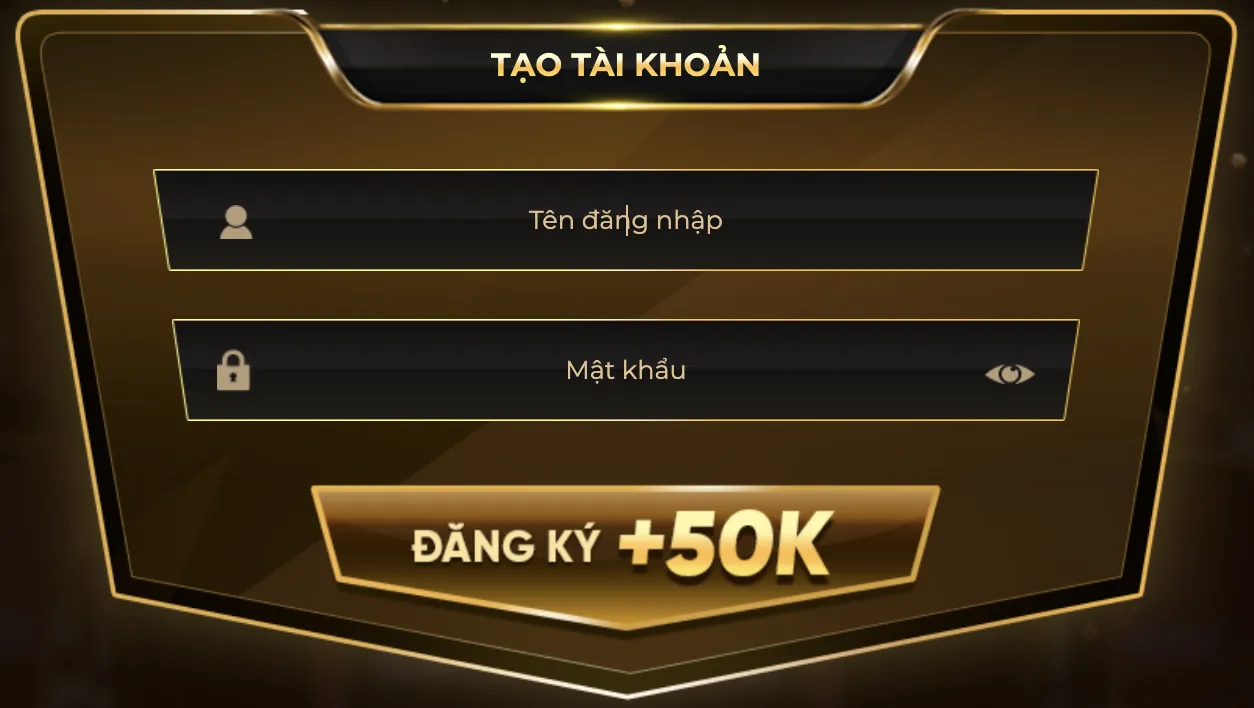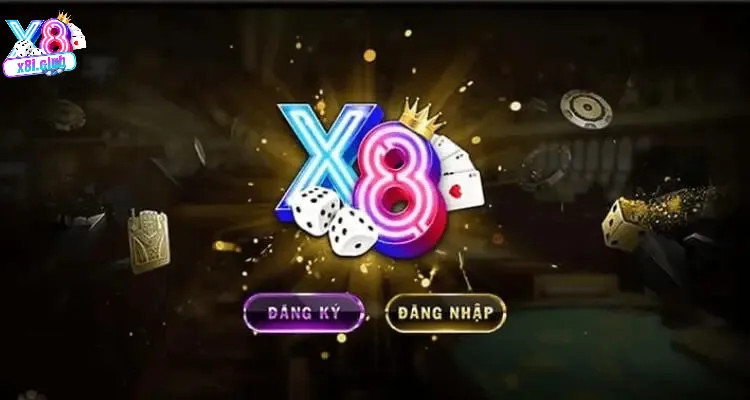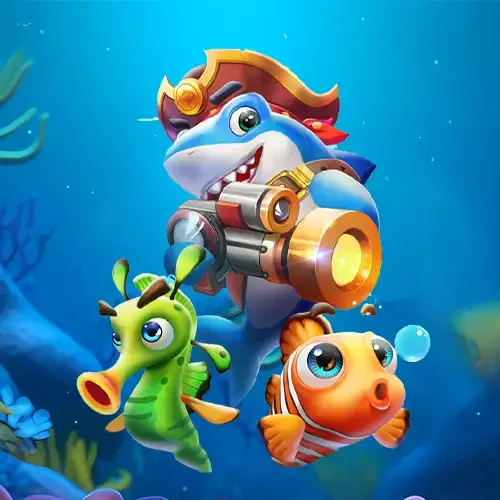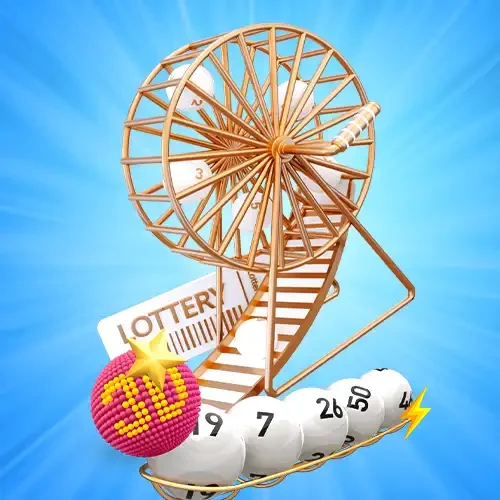





Trong thế giới giải trí trực tuyến đang phát triển mạnh mẽ, X8 đã nhanh chóng trở thành cái tên quen thuộc với hàng triệu người chơi tại Việt Nam và khu vực châu Á. Với sự kết hợp giữa giao diện hiện đại, kho game đa dạng và chính sách bảo mật tối ưu, cổng game X8 khẳng định vị thế là một trong những nền tảng cá cược trực tuyến uy tín hàng đầu.
Bài viết này sẽ đưa bạn khám phá chi tiết về X8, từ các trò chơi hấp dẫn, chương trình khuyến mãi cho đến những lý do khiến cổng game X8 trở thành lựa chọn không thể bỏ qua của mọi game thủ.

X8 không chỉ là một cổng game đổi thưởng thông thường mà còn là sân chơi mang đến trải nghiệm giải trí đỉnh cao. Được quản lý bởi tổ chức cá cược quốc tế uy tín ITCO, X8 đáp ứng mọi tiêu chuẩn khắt khe về tính hợp pháp và minh bạch. Điều này giúp người chơi hoàn toàn yên tâm khi tham gia, không phải lo lắng về các vấn đề bảo mật hay quyền lợi cá nhân.
Giao diện của X8 được thiết kế với tông màu tím huyền bí và đen-vàng sang trọng, mang lại cảm giác hiện đại nhưng không kém phần thân thiện. Hình ảnh sắc nét, tốc độ tải mượt mà cùng bố cục rõ ràng giúp người chơi dễ dàng thao tác, dù là trên điện thoại hay máy tính. Đây chính là yếu tố khiến cổng game X8 ghi điểm trong mắt người dùng ngay từ lần trải nghiệm đầu tiên.

Một trong những điểm mạnh lớn nhất của X8 chính là kho game phong phú, đáp ứng mọi sở thích của người chơi. Từ các tựa game bài truyền thống đến những trò chơi hiện đại, cổng game X8 mang đến trải nghiệm đa dạng, không bao giờ nhàm chán.
Một trong những “đặc sản” không thể thiếu của X8 chính là dòng game bài đổi thưởng, nơi người chơi không chỉ giải trí mà còn thử sức với những chiến thuật cá nhân để giành phần thưởng lớn. Một số tựa game nổi bật dành cho người chơi tại cổng game x8.
Tiến Lên Miền Nam – Trò chơi quốc dân với luật chơi quen thuộc, hỗ trợ cả chế độ chơi thường và chơi VIP, tích hợp tính năng nạp rút nhanh chóng và nhiều phần thưởng theo cấp bậc.
Xóc Đĩa là một trong những trò chơi được ưa chuộng nhất tại X8, được phát triển theo phong cách hiện đại nhưng vẫn giữ trọn vẹn nét đặc trưng của trò chơi dân gian truyền thống. Luật chơi đơn giản – chỉ cần chọn cửa Chẵn hoặc Lẻ – nhưng cảm giác hồi hộp và kịch tính khi chờ kết quả mở bát luôn mang lại sức hút mạnh mẽ.
Một số điểm nổi bật của Xóc Đĩa tại X8:
Không cần phải đến tận sòng bạc Las Vegas hay Macau, người chơi có thể tận hưởng trải nghiệm Live Casino chân thực ngay tại nhà qua nền tảng X8. Với công nghệ phát sóng trực tiếp Full HD, cùng các dealer xinh đẹp và chuyên nghiệp, sảnh Live Casino của X8 là nơi lý tưởng để hòa mình vào không khí sòng bài thực tế.
Một số game Live Casino được ưa chuộng:
X8 không chỉ là nơi dành cho game bài mà còn là thiên đường của cá cược thể thao. Với hơn 1.000 sự kiện thể thao mỗi ngày, người chơi có thể thỏa sức dự đoán kết quả các trận cầu đỉnh cao khắp thế giới:
Một phần không thể thiếu trong kho game đa dạng của X8 là hệ thống game slot (quay hũ) – nơi người chơi có thể săn những giải thưởng khổng lồ chỉ với vài nghìn đồng mỗi lượt quay.
Một số tựa game nổi bật gồm:

Tham gia X8 cực kỳ dễ dàng, ngay cả với người mới bắt đầu. Chỉ với 3 bước cơ bản, bạn đã có thể hòa mình vào thế giới cá cược trực tuyến:
Để trải nghiệm đầy đủ các tính năng và nhận khuyến mãi hấp dẫn tại X8, bạn cần sở hữu một tài khoản người dùng chính thức. Cách đăng ký cực kỳ đơn giản:
Sau khi đăng ký thành công, bạn đã có thể đăng nhập và truy cập vào mọi tính năng của hệ thống.
X8 hỗ trợ nhiều phương thức nạp tiền tiện lợi, bảo mật và giao dịch gần như ngay lập tức. Để bắt đầu chơi, bạn cần nạp số dư vào tài khoản với mức tối thiểu chỉ 50.000 VNĐ.
Các bước nạp tiền cụ thể như sau:
Ngay sau khi số dư được cập nhật, bạn có thể bắt đầu lựa chọn trò chơi yêu thích để tham gia ngay lập tức.
Sau khi đăng ký và nạp tiền thành công, bạn đã sẵn sàng để khám phá thế giới giải trí đa dạng tại X8. Giao diện được thiết kế trực quan, dễ điều hướng, ngay cả với người mới.
Để tối ưu hóa trải nghiệm và tăng cơ hội chiến thắng tại X8, bạn có thể áp dụng một số mẹo sau:
Hãy đặt ra ngân sách cụ thể cho mỗi phiên chơi và tuân thủ nghiêm ngặt. Điều này giúp bạn tránh rủi ro tài chính và duy trì niềm vui khi tham gia.
Trước khi tham gia bất kỳ trò chơi nào, hãy đọc kỹ luật chơi và các hướng dẫn đi kèm. X8 cung cấp thông tin chi tiết về từng trò chơi, giúp bạn nắm rõ cách chơi và chiến thuật hiệu quả.
Các sự kiện tại X8 thường đi kèm phần thưởng lớn. Hãy theo dõi lịch sự kiện trên trang chủ hoặc ứng dụng để không bỏ lỡ cơ hội nhận quà.
Tính năng chat trực tiếp tại cổng game X8 không chỉ giúp bạn giao lưu mà còn là nơi để học hỏi kinh nghiệm từ các người chơi khác. Hãy tận dụng để cải thiện chiến thuật của mình.
X8 tự hào sở hữu đội ngũ hỗ trợ khách hàng chuyên nghiệp, hoạt động 24/7 để giải đáp mọi thắc mắc của người chơi. Với hơn 250 nhân viên được đào tạo bài bản, Cổng game X8 đảm bảo thời gian phản hồi trung bình chỉ 1 phút, nhanh hơn 60% so với các nền tảng khác.
Không chỉ bảo mật tài khoản, X8 còn là nền tảng tiên phong trong bảo vệ người chơi khỏi các hành vi gian lận và nghiện game:
Tính năng này phù hợp với định hướng phát triển bền vững của X8 và tạo lòng tin từ phía cộng đồng.
Không giống nhiều nền tảng chỉ chú trọng đến phần game, X8 đặc biệt xây dựng cộng đồng người chơi sôi động – nơi mọi game thủ có thể kết nối, chia sẻ kinh nghiệm và giao lưu hàng ngày. Đây là môi trường lý tưởng cho cả người mới và cao thủ lâu năm cùng học hỏi lẫn nhau.
Ví dụ: Cuộc thi “Vua Poker X8 Tháng 5” đã thu hút hơn 12.000 lượt tham gia, giải thưởng lên đến 200 triệu đồng.
Một điểm đáng giá nữa khiến X8 ghi điểm tuyệt đối là khả năng tối ưu tốc độ tải và trải nghiệm không lag giật. Dù sử dụng điện thoại cấu hình tầm trung hay máy tính cũ, người chơi vẫn có thể:
Tối ưu hoá hệ thống server riêng tại Việt Nam, giúp X8 vượt trội hơn nhiều nền tảng cá cược nước ngoài về độ ổn định kết nối, đặc biệt vào khung giờ cao điểm như buổi tối, cuối tuần hoặc ngày lễ.

Để tri ân người chơi trung thành, X8 triển khai chương trình khách hàng thân thiết (VIP) với nhiều đặc quyền độc quyền:
Ví dụ: Một tài khoản VIP cấp Kim Cương có thể nhận hơn 25 triệu VNĐ/năm từ các ưu đãi hoàn tiền, sinh nhật và sự kiện nội bộ.
Một khía cạnh nhân văn đáng chú ý tại X8 là chiến lược phát triển trò chơi có trách nhiệm, hạn chế các hành vi chơi quá độ. Một số tính năng nổi bật:
Chính sách này không chỉ bảo vệ người chơi mà còn xây dựng hình ảnh một nền tảng giải trí văn minh, hướng tới sự phát triển bền vững và lành mạnh.
Theo chia sẻ từ đội ngũ phát triển, X8 đang lên kế hoạch mở rộng quy mô mạnh mẽ trong 2025 – 2026:
Đây là những chiến lược cho thấy X8 không chỉ dừng lại ở một nền tảng giải trí mà còn là một cộng đồng cá cược chuyên nghiệp – hiện đại – có tổ chức.

Với kho trò chơi đa dạng, tỷ lệ trả thưởng cao, công nghệ bảo mật tối tân, hỗ trợ khách hàng chuyên nghiệp và các chương trình khuyến mãi hấp dẫn, X8 xứng đáng là điểm đến lý tưởng cho mọi tín đồ cá cược online. Dù bạn đam mê bắn cá, casino hay nổ hũ đều mang đến trải nghiệm giải trí đỉnh cao và cơ hội rinh thưởng khủng.
Hãy truy cập ngay hoặc tải ứng dụng X8 để bắt đầu hành trình chinh phục thế giới cá cược trực tuyến. X8 – nơi đam mê hội tụ, thắng lợi bắt đầu!






“Tôi là một dân IT và cũng có thử tham gia nhiều sân chơi khác nhau. Nhưng khi đến X8 thì tôi mới thật sự cảm thấy thật sự ấn tượng và dám khẳng định đây là cổng game đáng tin cậy, chất lượng nhất mà bản thân từng tham gia. Hệ thống bảo mật an toàn tối đa 100% không hề bị rò rỉ.”

“X8 chính là một sân chơi đáng tin cậy mà tôi vô cùng đáng tin tưởng. Với giao diện đồ họa bắt mắt – dễ thao tác, sử dụng cùng giao dịch thanh toán gửi vốn/rút thưởng nhanh chóng, sòng phẳng thuận tiện. Đội ngũ tư vấn viên chu đáo, chuyên nghiệp giải đáp mọi vấn đề kịp thời.”

“Tôi tham gia trải nghiệm tại sân chơi X8 này được hơn 3 năm và chưa bao giờ gặp phải bất cứ một vấn đề trục trặc gì. Mức tỷ lệ trả thưởng khá cao so với mặt bằng chung trên thị trường liên tục update thêm vô vàn sự kiện khuyến mãi cuốn hút cho thành viên.”